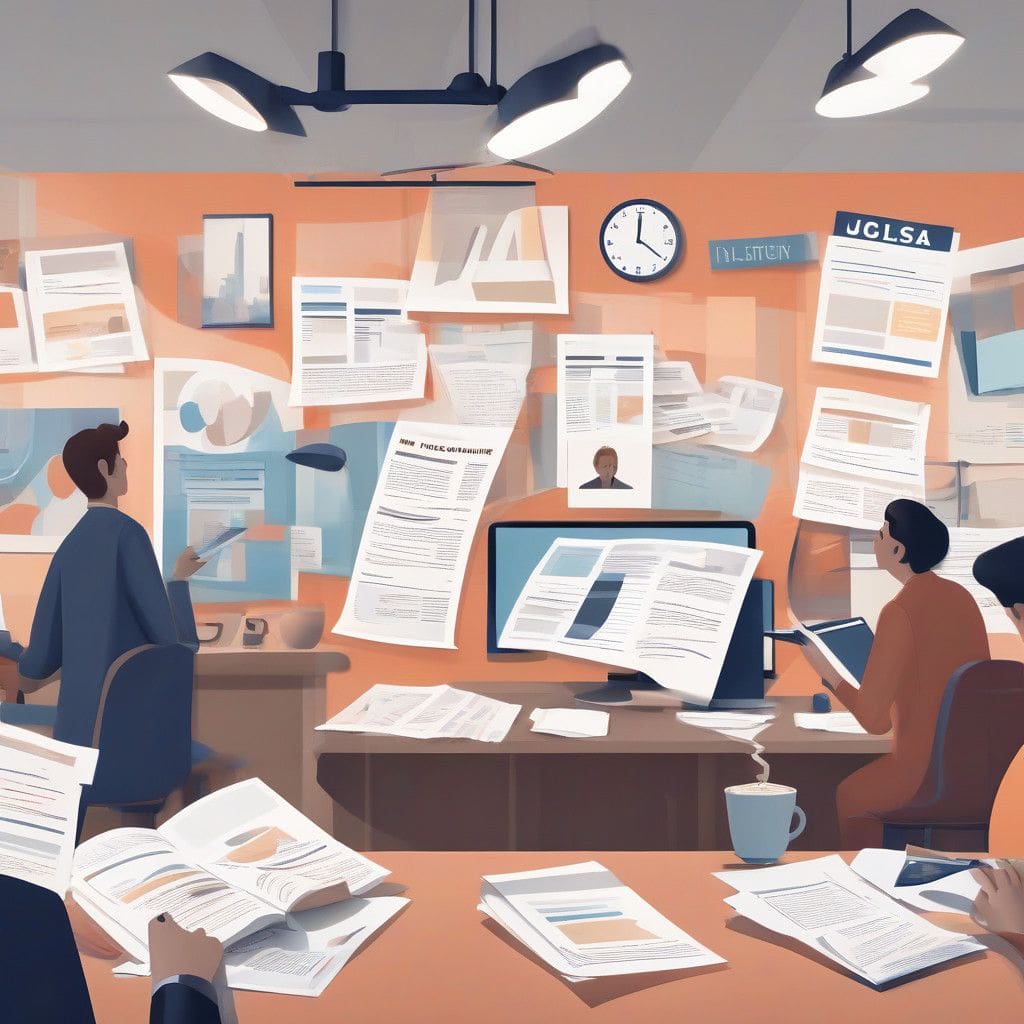Asian News International (ANI), a prominent news agency in India, has initiated legal proceedings against OpenAI, alleging unauthorized use of its copyrighted news content for training artificial intelligence models. The lawsuit, filed in the Delhi High Court, underscores a growing tension between the media industry and AI technology firms over content ownership and ethical data usage.
ANI claims that OpenAI’s ChatGPT generated inaccurate information linked to its operations, which included fabricating interviews and news reports. Such actions not only raised questions about the accuracy and reliability of AI-generated content but also posed significant risks to ANI’s reputation. The agency argues that misinformation stemming from these generative models could not only mislead the public but could also adversely affect their journalistic credibility.
This case marks a significant moment in India’s legal landscape concerning AI and copyright issues, being the first of its kind in the country. It joins the ranks of similar lawsuits globally, where news organizations are increasingly scrutinizing how their intellectual property is utilized by AI companies. While OpenAI has been summoned to respond, the court has opted not to issue an immediate injunction, citing the case’s multifaceted nature. An in-depth hearing is expected to take place in January, which may lead to the appointment of an independent expert to review the copyright implications.
OpenAI has taken the stance that copyright laws may not extend to factual data itself, suggesting that the nature of the information used in training AI models does not necessarily deserve copyright protection. The company highlighted that many websites have the option to opt out of data collection, thereby placing the responsibility on content producers to manage their digital presence effectively.
Conversely, ANI’s representatives contended that just because content is publicly accessible online does not grant permission for its exploitation, especially when it comes to crafting AI systems that can create misleading narratives. Their legal argument hinges on the potential harm that inaccuracies could inflict on both the agency’s reputation and the trustworthiness of information disseminated to the public.
The implications of this lawsuit extend beyond ANI’s specific grievances. It reflects a broader movement within the media sector to establish legal frameworks that safeguard copyrights in the era of AI. With similar litigations on the rise in jurisdictions like the United States, Canada, and Germany, attention is increasingly turning toward establishing clear guidelines that address the intersection of intellectual property and artificial intelligence.
Media organizations worldwide are stepping up their efforts to protect proprietary content used in machine learning applications. Recent cases have illustrated the extent to which news outlets are willing to fight for their rights, setting a precedent for other agencies that may face similar challenges. For instance, major newspapers and magazines in various countries have already initiated discussions about forming coalitions to tackle these issues collectively, emphasizing the need for comprehensive solutions that address content rights, attribution, and ethical AI deployment.
The outcomes of cases like this will likely shape future regulations regarding AI data usage and could lead to legislative reforms to better protect the rights of content creators. As the debate continues, both AI developers and media entities must navigate these complex legal landscapes to ensure the responsible development and use of technology while respecting intellectual property rights.
As AI continues to influence various sectors, it is crucial for stakeholders involved to sustain an ongoing dialogue to negotiate the boundaries of content use. Media outlets must protect their intellectual property while recognizing the transformative potential of AI, and technology companies must adopt ethical practices that prioritize transparency and accountability.
The ANI lawsuit highlights the urgent need for discussions about copyright laws in the context of rapidly advancing technologies. As AI systems evolve, it will be essential to address ethical considerations and seek solutions that foster innovation without undermining the value of original content.












